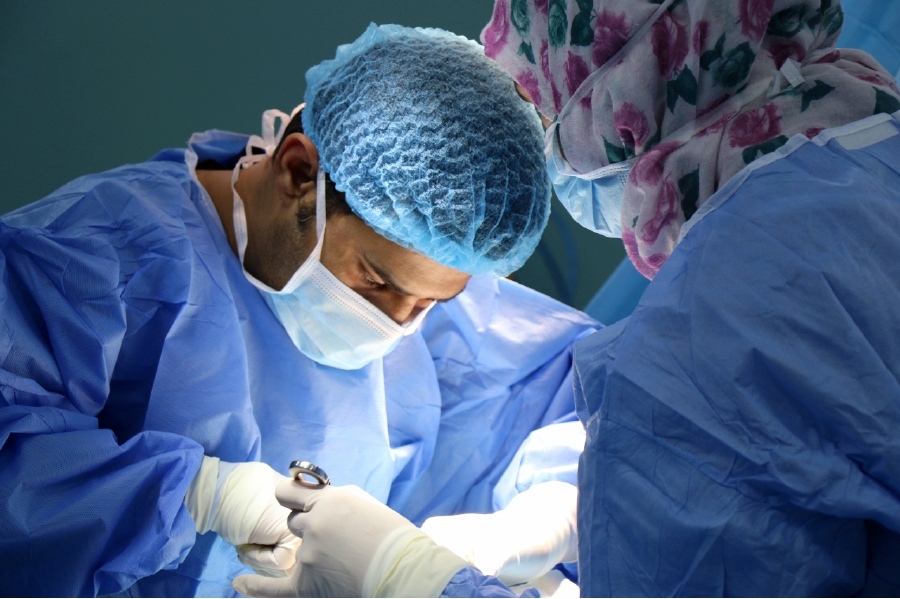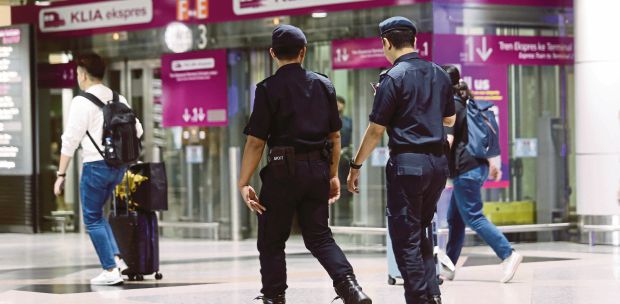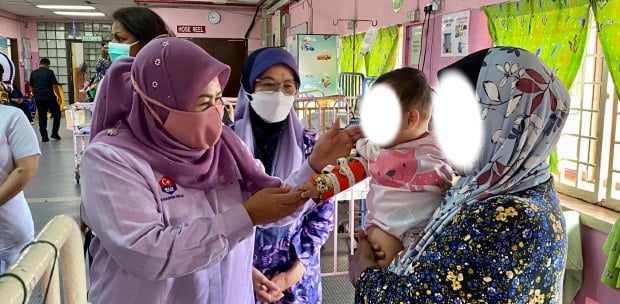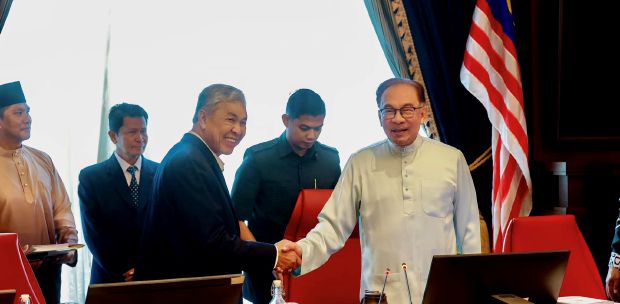LETTERS: Medical science has made spectacular advances in the last few decades, be it in the field of wonder drugs or in the surgical field, to the extent that nowadays robots are programmed to perform complex surgeries.
Another field, although less heard of, that plays a vital role in any surgery is the field of anaesthesia, which has revolutionised the medical world by allowing any surgery to be performed without any pain or awareness.
The advances in the field of anaesthesia have allowed for day-care surgeries, where the patient comes to the hospital on the day of surgery and is discharged to go home the same day after a successful surgery.
There are many modes of anaesthesia available, varying from local anaesthesia, where only the area to be operated is made numb, to general anaesthesia, where the patient is put to sleep during the surgery.
General anaesthesia is drug-induced reversible loss of consciousness. While the patient is under general anaesthesia, they are in a state of deep sleep.
They do not experience the pain and discomfort associated with surgery and certain additional effects of medications, which are also desirable for a particular technique of surgery.
In addition to its various benefits, general anaesthesia blunts the protective airway reflexes. These reflexes prevent food or liquid from entering the airway or the air pipe and the lungs.
Loss of these reflexes predisposes the patients to "aspiration". This means the entry of food, water, blood or secretions into the lungs that can cause deleterious consequences like aspiration pneumonia (lung infection), aspiration pneumonitis (inflammation of lung tissue). In severe cases, it may even result in death.
If someone has a full stomach at the time of surgery, they are more likely to vomit and aspirate under general anaesthesia. The consequences of aspiration will be worse if the content is higher in volume and acidity.
Therefore, to reduce the volume of food in the stomach or to ensure that the stomach is empty, it is essential to fast adequately.
The time it takes for the stomach to empty its contents into the intestine, referred to as the gastric transit time, also depends on the food content.
Fatty and fried foods take a longer time to get digested compared with plain bread without butter. The "2, 4, 6, 8 rule" is a useful guide to the recommended food intake before surgery. This rule is in regard to the period of fasting required for various types of food.
Doctors usually advise patients about the fasting requirements during the routine check-up prior to the surgery. Patients are allowed clear or see-through fluids without particulate matter, like clear apple juice, up to two hours before surgery.
Breast feed is allowed up to four hours before surgery for children. Light meals like plain toasted bread are allowed up to six hours, while heavy meals like fried rice should be stopped at least eight hours before surgery.
Prolonged fasting, on the other hand, can cause hypoglycaemia (low blood sugar), dehydration, increased chances of nausea and vomiting during and after surgery.
Prolonged fasting also increases the acidic content of the stomach, thereby worsening the consequences of aspiration if it occurs. Therefore, adequate fasting is essential for safe anaesthesia and surgery.
Dr Shivali Shamhser
Senior Lecturer, Anaesthesiology Department, Faculty of Medicine, AIMST University
The views expressed in this article are the author's own and do not necessarily reflect those of the New Straits Times





